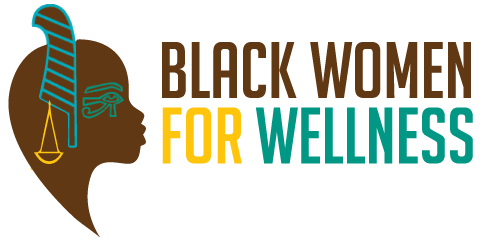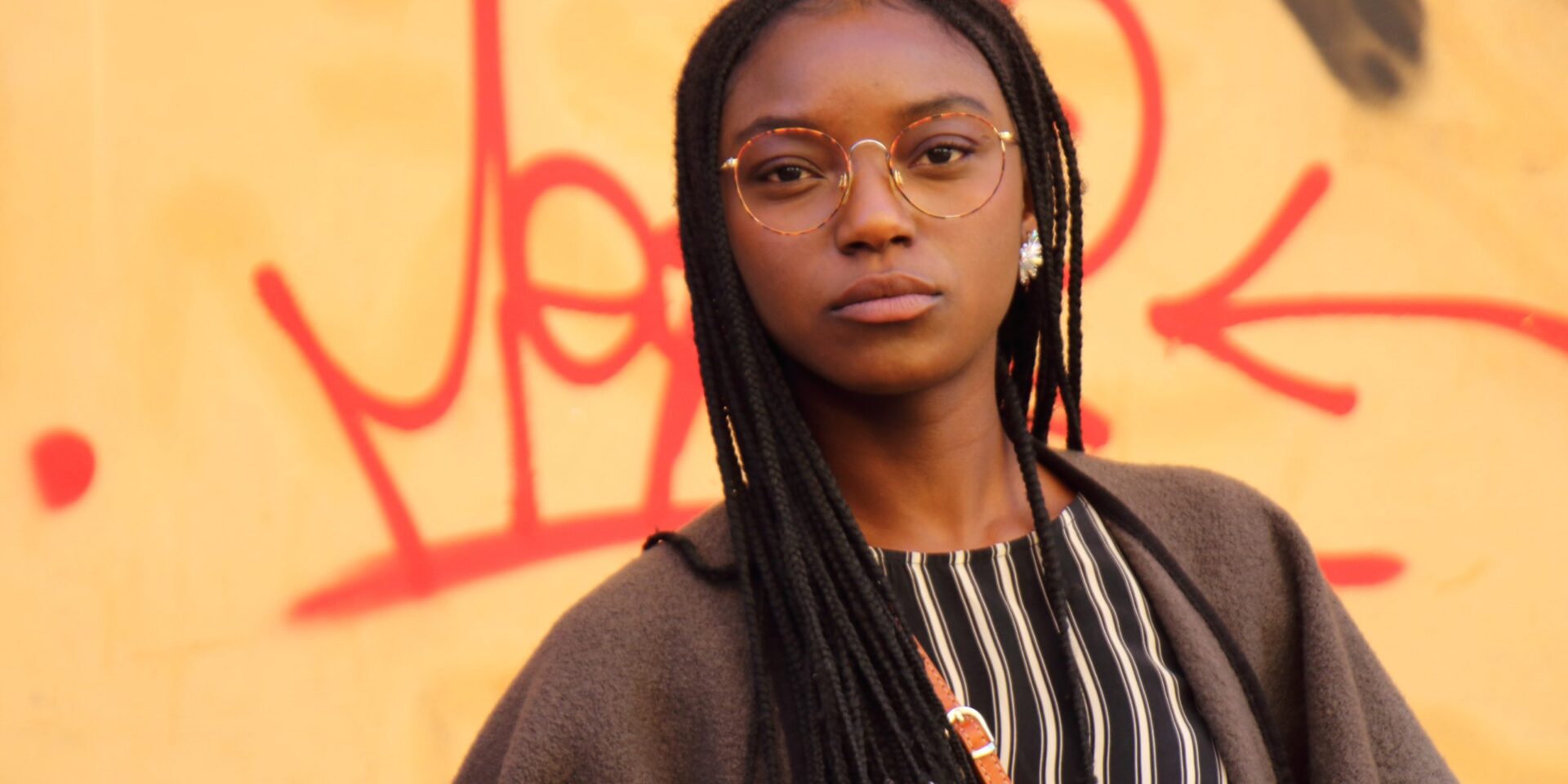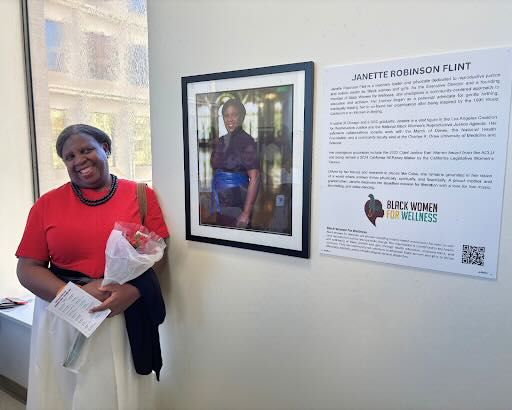The Criminalization of Black Girls in the American School System

- Black girls are the fastest growing segment of the juvenile justice system population (Mother Jones)
- The problem often stems from well intentioned “zero-tolerance” policies that too often inject the criminal justice system into the resolution of problems: (PBS)
- Black girls are suspended and expelled from school at higher rates than other girls. (National Women’s Law Center)
- Black females more often receive out-of-school suspensions, while white females more often receive in-school suspensions:(National Women’s Law Center)
- In New York City during 2011-2012 year, 90% of all girls subjected to expulsion were Black (Black Girls Matter Report)
- In Boston 63% of all girls expelled were Black (Black Girls Matter Report)
- The “school-to-prison pipeline” refers to the policies and practices that push our nation’s schoolchildren, especially our most at-risk children, out of classrooms and into the juvenile and criminal justice systems. (ACLU)
- In Boston, Black girls comprised 61% of all girls disciplined, compared to white girls, who represented only five percent of such girls (Black Girls Matter Report)
- Black girls subject to harsher disciplinary interventions because they are perceived to be unruly, loud and unmanageable. (Black Girls Matter Report)
- Data from the Office for Civil Rights at the United States Department of Education shows that within minority groups, dark skinned girls are disciplined more harshly than light-skinned ones (New York Times)
- Indeed, African-American girls are at greater risk than other girls of receiving citations for dress code violations and for talking back to teachers, as well as for much less severe behaviors such as gum chewing, defiance and failure to comply with prior discipline.”(Policy Mic)
- School age Black girls experience a high incidence of interpersonal violence”: (Black Girls Matter Report)
- Black girls report widespread sexual harassment in school. Black students were more likely than white students to “change the way they go to or from schools,” or even change to a new school, in response to sexual harassment” (Atlanta Black Star)
- Black girls experience more aggressive forms of harassment than white girls. A 2001 national survey of eighth-through 11th graders found that 67 percent of Black girls reported being “touched, grabbed, or pinched in a sexual way,” compared to 56 percent of white girls. (Atlanta Black Star)




